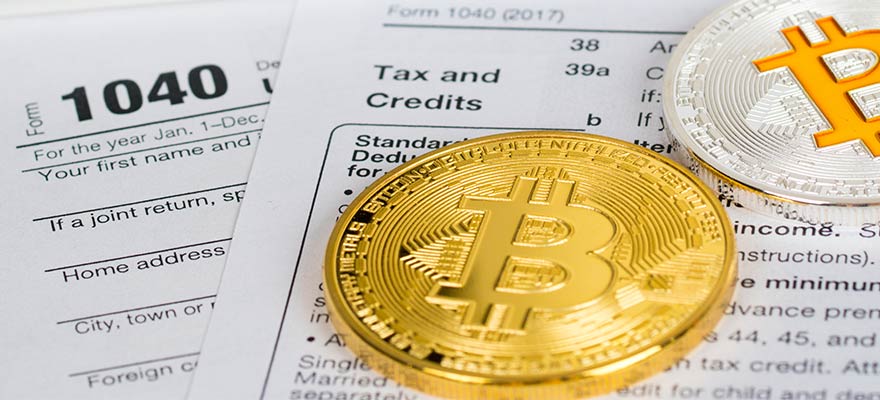The United States Internal Revenue Service (IRS), also known as the nation’s tax office, has issued refunds to a number of cryptocurrency users who declared their crypto holdings and paid the appropriate taxes on them. The news first appeared in a report by Law360published last week.
Crypto holders have been required to submit documentation detailing the trades and transactions that resulted in their gains and losses at the time of filing.
Chandan Lodha, the co-founder of crypto tax firm CoinTracker, told Law360 that the refunds could signal that the tax agency is eager to demonstrate that those who pay taxes on their crypto will not be punished--indeed, while the total number of refunds issued is unknown, one crypto holder was reportedly notified that he owed $3900 in taxes, and was then awarded a full refund after he had paid the sum.
"Get compliant as quick as you can"
CoinTracker has worked with hundreds of hodlers in order to help them pay taxes and to respond to a number of different letters that the IRS sent to roughly 10,000 individuals who it suspected to hold cryptocurrency earlier this year. The company did not disclose how many of its customers had received refunds.
By some accounts, the recipients of the letters appear to be individuals whose Coinbase accounts were exposed following a lawsuit that the IRS filed against popular cryptocurrency Exchange Coinbase. In 2017, the exchange was ordered to hand over account information on roughly 13,000 of its customers.
CPA Laura Walter, also known as the “Crypto Tax Girl,” tweeted that the letters were a “warning to everyone to get compliant as quick as you can while the IRS is still feeling somewhat forgiving”, pointing specifically to the passage that said if crypto holders “didn’t accurately report your virtual currency transactions [in the past], you should file amended returns.”
Most of my clients who received these were early Coinbase users. They've gone out to some big fish, but also to some smaller holders too.
It seems as if this is a warning to everyone to get compliant as quick as you can while the IRS is still feeling somewhat forgiving :) — Crypto Tax Girl (@CryptoTaxGirl) July 26, 2019
Confusion over application of the "like-kind" exemption.
The news out the refunds coincides with contradicting remarks by Suzanne Sinno, an attorney in the IRS Office of the Associate Chief Counsel, and Christopher Wrobel, an attorney in the Office of the Associate Chief Counsel (Income Tax and Accounting).
Sinno stated on Wednesday of last week (November 13th) that the “like-kind” exemption does not apply to cryptocurrency transactions, even those that took place before 2018, according to a report by Bloomberg Tax.
IRS Official Says Pre-2018 Crypto Exchanges Aren’t ‘Like-Kind’ https://t.co/1ZbxoEttV2
— Neeraj K. Agrawal (@NeerajKA) November 13, 2019
A like-kind exchange (also known as a 1031 exchange) is a transaction that occurs between two similar assets and does not incur capital gains tax.
According to Investopedia, “like-kind exchanges are heavily monitored by the IRS and require accurate bookkeeping to ensure no tax penalty is incurred.”
The like-kind exemption “allow[s] taxpayers to postpone paying tax on the gain of a sale if the proceeds are reinvested in similar property,” according to Bloomberg Tax.
However, on Friday the 15th, Wrobel "said the agency doesn’t have a blanket policy to deny taxpayers the ability to use like-kind exchanges for pre-2018 cryptocurrency trades," and that "instead, the agency will make a determination based on taxpayers’ particular facts and circumstances." Wrobel's statements were also reported by Bloomberg Tax.
CoinTracker tweeted on Wrobel's statements, saying that they were a walk-back of previous statements he had made.
Update: IRS official Christopher Wrobel with whom we personally spoke with, walks back comments on like-kind exchanges pre-2018https://t.co/kKzF7lojO1
— CoinTracker (@cointracker_io) November 16, 2019


















